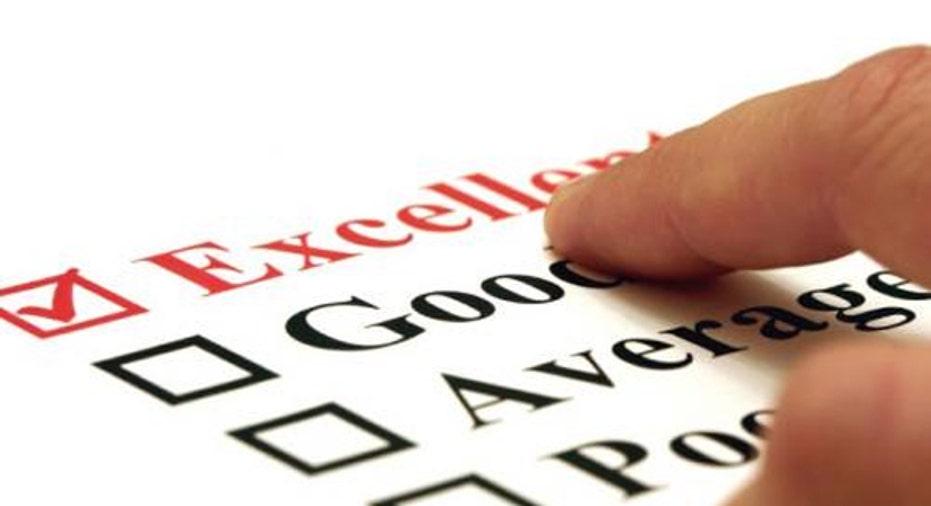How Debt Management Plans Impact Credit Scores

Dear Opening Credits,
I have decided to look for a debt management plan (DMP) to enroll in. The decision was based on the fact that, although my credit score is good currently (I've just purchased my first home), it doesn't look like I've made a dent in my debts (roughly $40,000).
I had been paying slightly more than the minimum payments until the past year. I have always made my payments and never used to pay my bills late nor been delinquent until recently. Now with the price of gas and daily living expenses continuing to increase, I find it harder and harder because of living from paycheck to paycheck.
I'm hopeful this plan will get me out from under this before I retire. Right now, I have a mortgage and HOA fees, which I pay on time. How severely do you think my credit score will be impacted if I use a debt management program? Most of the debt management programs I've researched say they will close all my credit cards (but I might be able to keep one card for emergencies). I have always heard not to close credit cards because it would bring down your credit rating. The balances on the cards that will be enrolled in the program are near maxed out already, so I cannot imagine the impact being much more negative. I have an 11-year-old car that will probably need to be replaced sooner or later. What would the possibility be of buying a car while I was on the program?
- Kathy
Dear Kathy,
You were overextended before you bought your home and you're really overextended now.
Living within your means is a matter of simple math. As an employed person, you have a fixed amount of money coming in every month from your job. Then you make choices of where and how you're going to spend your earnings. Each purchase you make eats into the available cash, leaving you less for the other things you may want or need.
If you manage your finances well, you don't come up short at the end of the month or pay period. But if you mismanage them, you spend more than you make and get into debt. Which is, I'm afraid, what you've been doing.
Thankfully, repayment programs that credit counseling organizations offer can be a great way for people to climb out of the hole they have gotten themselves into. I'm glad you're exploring them. But more than that, these agencies can help you with the bigger problem, which is you living on the economic edge. That's a precarious and frightening place to be.
During your appointment, the counselor will thoroughly review your entire financial picture. She will review your assets, income, expenses and debts, then come up with some options for relief based on your short, mid, and long-term goals. If the debt management plan (DMP) makes sense for you, she'll suggest it as a method for you to satisfy your creditors within three to five years. Many creditors who work with these agencies decrease or even eliminate interest, so more of your payment will go toward the principal.
However, before your counselor can even suggest the DMP, the two of you have to come together to ensure that you have enough money to make the payments comfortably. That may require budgeting. Most clients have to cut out some expenses or increase their income to meet the terms. This is a very powerful and valuable process. It sheds light on where you've been overdoing it. And when you know that, you can stop.
As far as how the DMP affects a credit score, well, it doesn't. Some creditors might notify the credit bureaus that you're paying through a third-party service, but that notice is not factored into a FICO score calculation. It's true that you would have to close the cards included on the plan. However, the negative impact that should have is slight, and would be overridden by the positive effect of you steadily deleting the balances, which is much more important to a score.
Borrowing for a new vehicle while you're on a DMP is generally frowned upon. When you enroll in a DMP, the credit counseling agency makes a promise to your current creditors that you will not get into any more debt. So look for alternatives. If the maintenance on the car you're driving is too expensive, making a different one necessary, save up as much as you can and buy a used, super-basic model. If you must take out a car loan, be sure to bring this up with your counselor, so the payment can be worked into your proposed budget.
Oh, and how will the bank or car finance company perceive a DMP notation? That depends. Some will consider it good, others bad and still others will have no opinion at all.



















